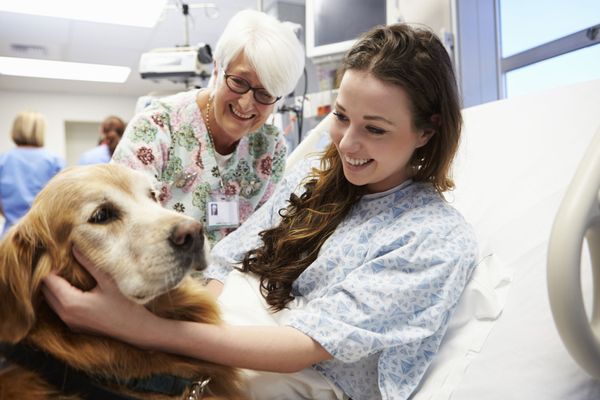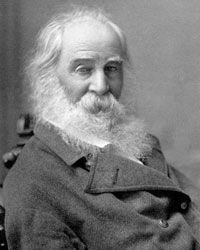As professions go, nursing is pretty new. Until just more than 150 years ago when Florence Nightingale provided the building blocks for the field -- which included a training school and a nursing guidebook -- anyone who found themselves in the role of caregiver could be considered a nurse [sources: Bostridge; Nightingale]. In fact, Nightingale once said that "every woman must at some time or other of her life become a nurse" [source: Nightingale].
Of course, that was back in the mid-19th century. Over the years, nursing has become a highly respected occupation that requires specific education and training. Not only that, but nurses also provide a wide spectrum of services to patients of all kinds.
Advertisement
The level of care a nurse provides depends on what kind of preparation he or she has had. Nursing generally falls into three categories: non-degree, degree and advanced degree.
Non-degree: The nurses in this category include Certified Nurse's Aides (CNAs) and Licensed Practical Nurses (LPNs). While these professionals don't have degrees in nursing, they do have to undergo training and receive certification to perform their duties. A CNA usually has to complete eight weeks of instruction, while an LPN (sometimes referred to as a Licensed Vocational Nurse, or LVN, in some states) must take a yearlong program.
Degree: This category most commonly refers to Registered Nurses (RNs). RNs can have an associate's degree in nursing, a bachelor's degree in nursing or a diploma from a special hospital-based program. RNs with bachelor's degrees tend to have more career opportunities than those with associate's degrees.
Advanced degree: Advanced-degree nurses must have successfully completed master's or doctorate-level work. Those with master's degrees are known as Advance Practice Nurses (APNs) and include Nurse Practitioners (NPs), Clinical Nurse Leaders (CNLs), Clinical Nurse Specialists (CNSs), Certified Nurse Midwives (CNMs) and Certified Registered Nurse Anesthetists (CRNAs). Nurses with doctoral degrees are Doctors of Nursing Practice (DNPs) or nursing PhDs.
Advertisement



